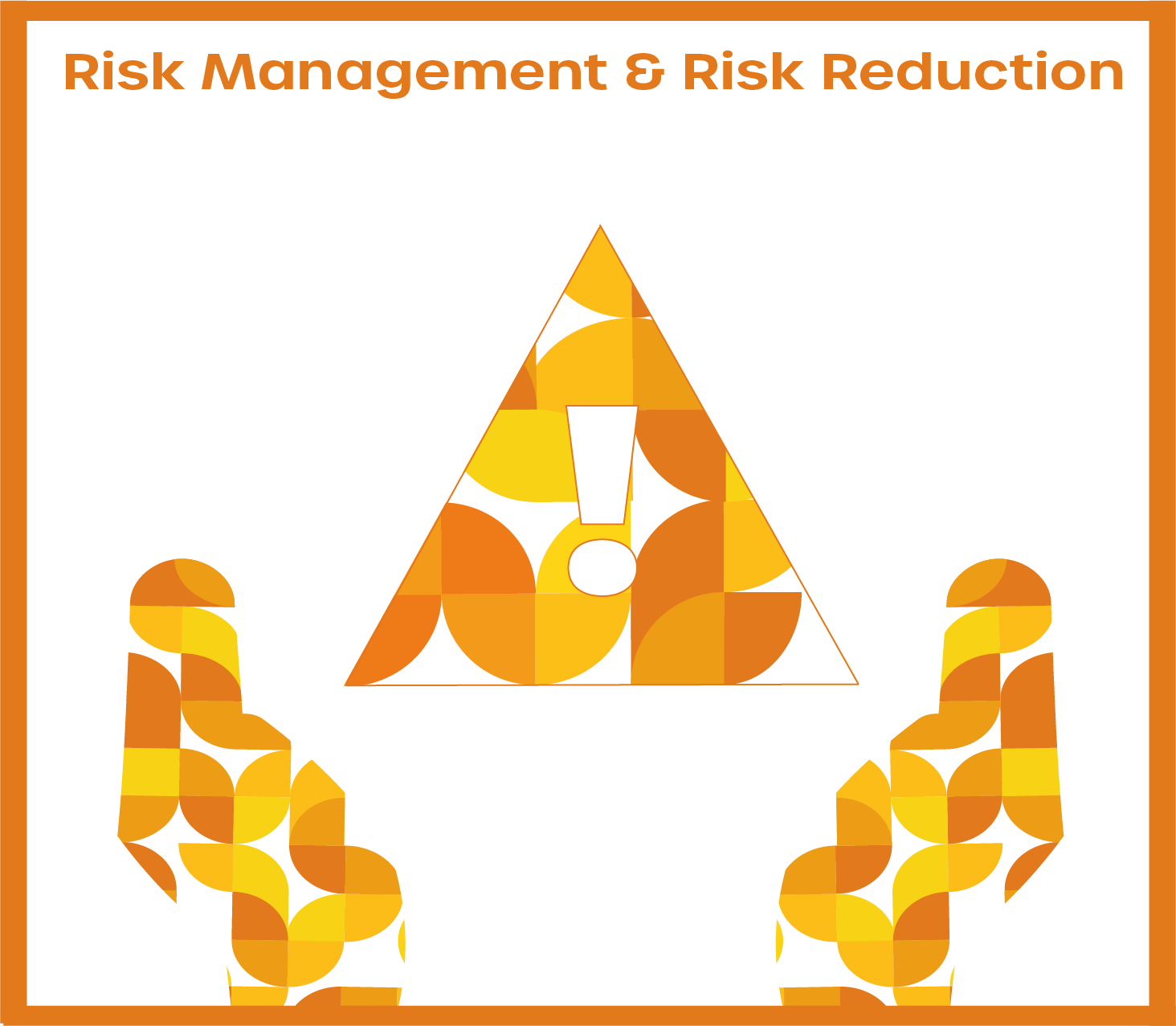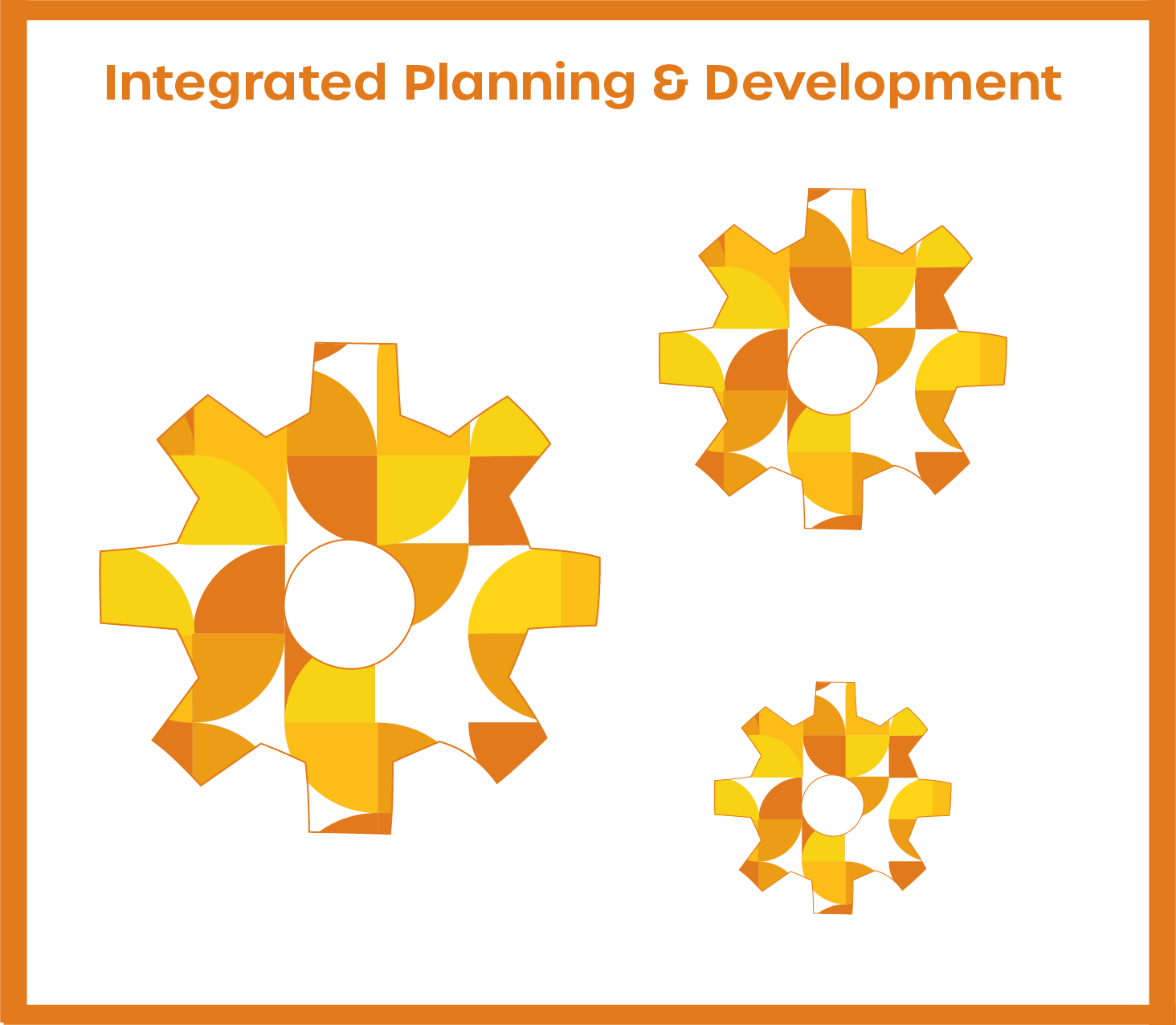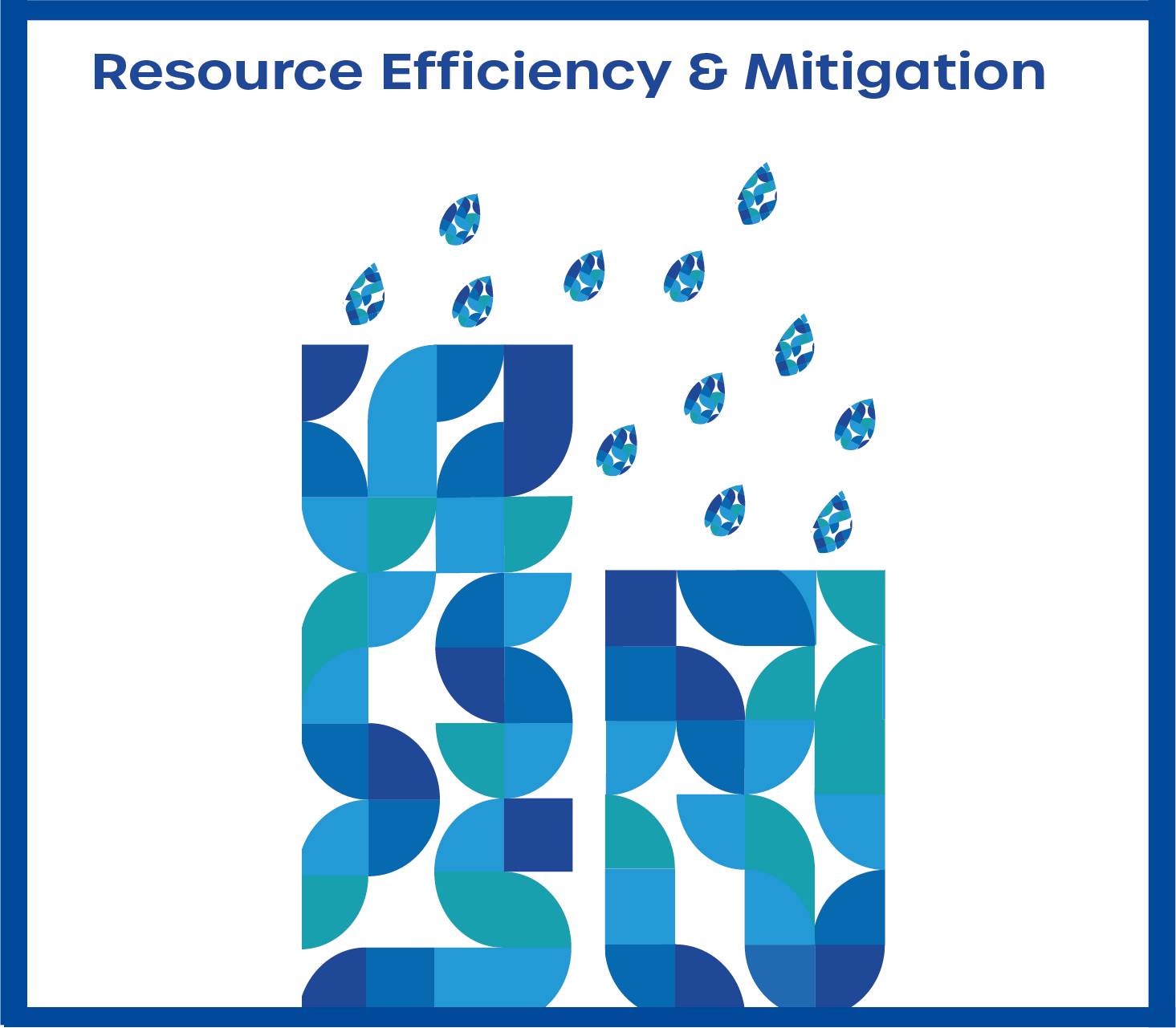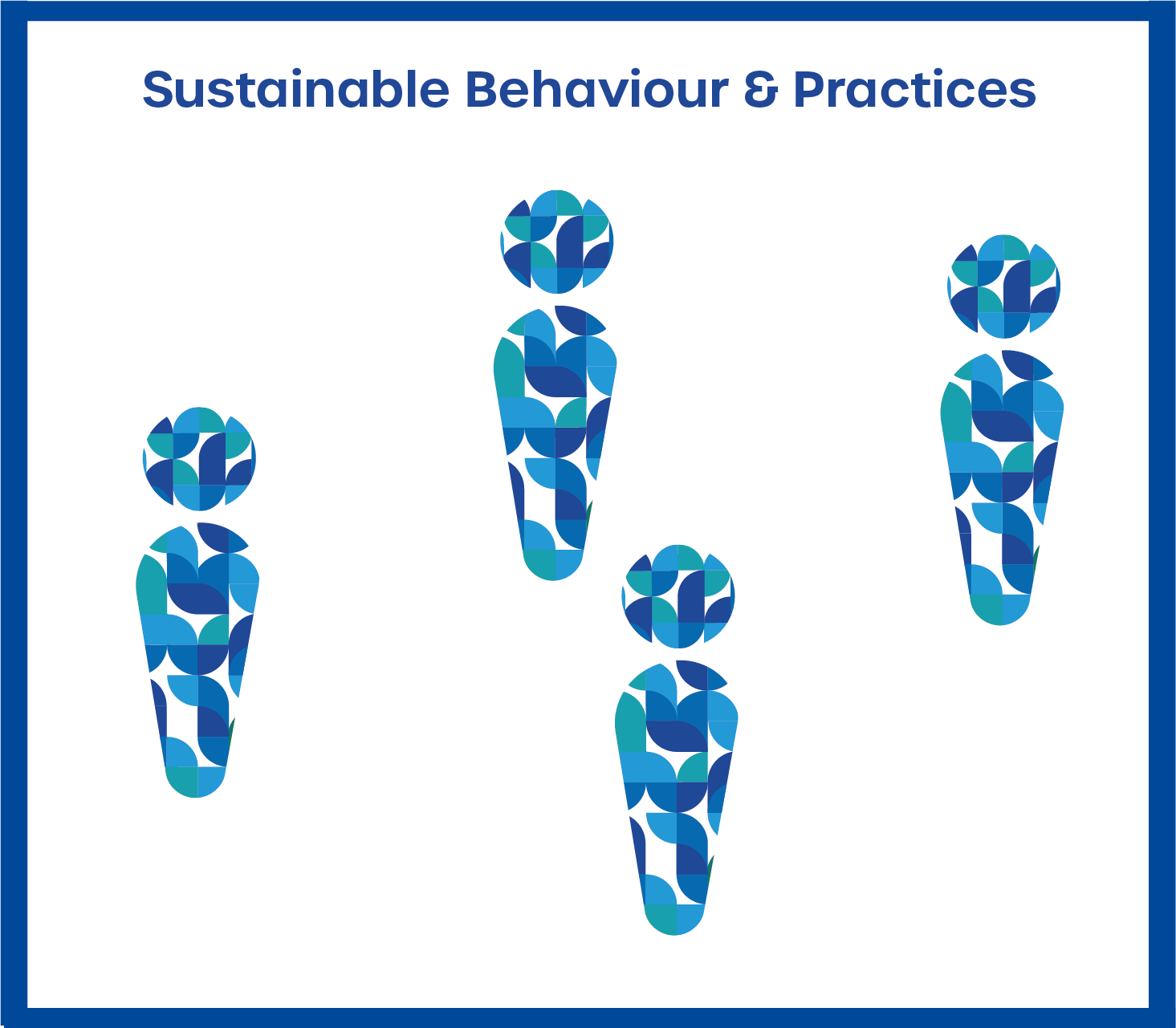Integrated Planning and Development is an approach looking at how an organisation can plan across multiple functions, levels, locations, and other natural or artificial divisions.
Risk Management and Risk Reduction
Risk is the combination of the probability of an event and its negative consequences. Management is the act or manner of managing, handling or control processes and consequences of events. Reduction is the act of reducing or the state of being reduced. Risk Management and Reduction is a process in which at risk communities are actively engaged in the identification, analysis, treatment, monitoring and evaluation of disaster risks in order to reduce their vulnerabilities and enhance their capacities. Here the people are considered at the heart of decision-making and implementation of disaster risk reduction and management activities. Considering the global risk conditions, climate-related issues such as extreme weather and natural disaster dominate today’s long-term risks by likelihood and are as such subject of research.
Examples for Risk Management and Reduction are objects of several projects of the SURE funding priority and can result in strategies and scenarios for on-site upgrading of informal settlements or dislocation for more resilience as in the LIRLAP Project or raising awareness in communicating multiple risks as flooding and possible consequences of the C19 pandemic as within the MYrisk Project.



